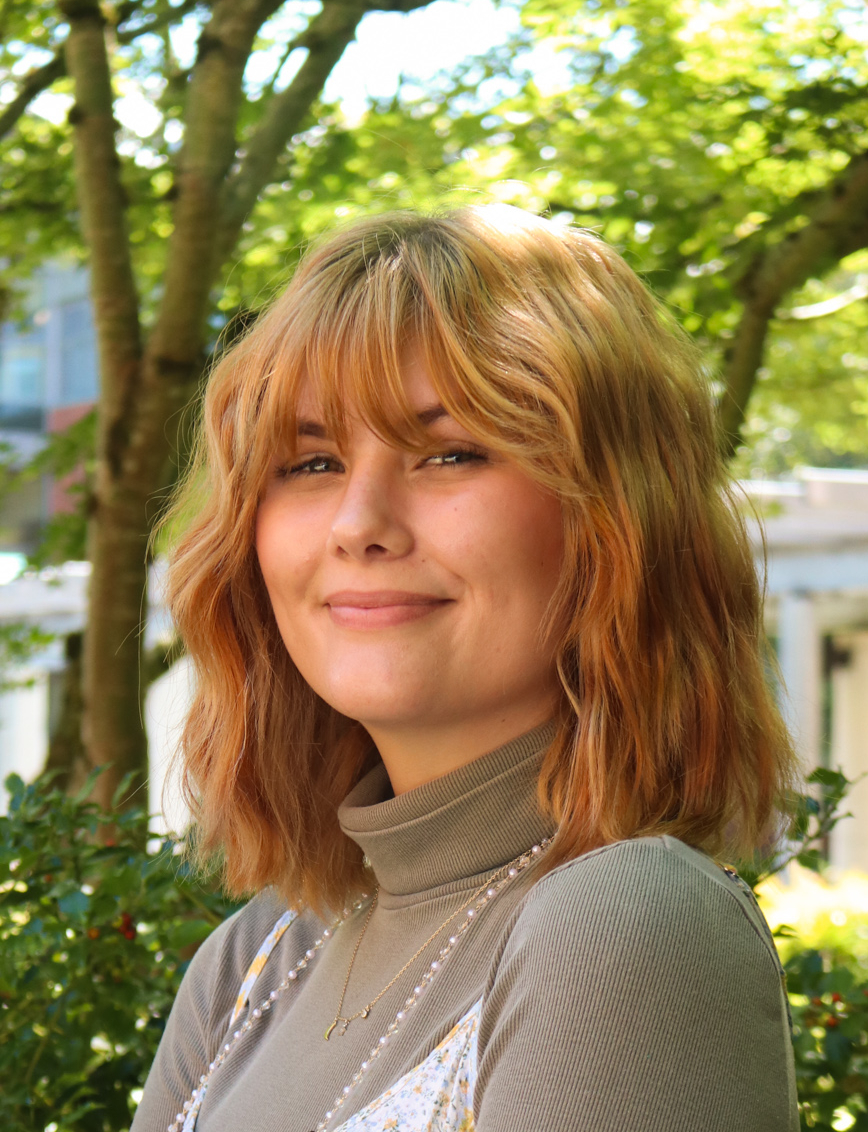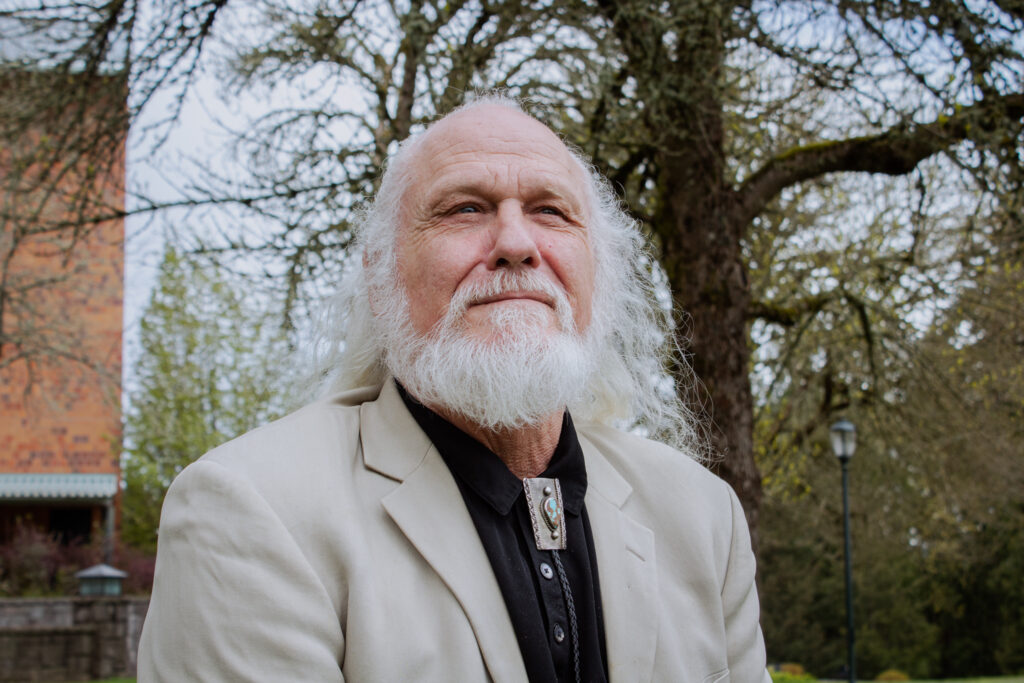The last three years have ignited a surge in activists calling out social justice issues on college campuses across the nation. Being a proponent for equity, WSU Vancouver’s Collective for Social and Environmental Justice is striving for a more inclusive future by establishing plans such as supporting the lives of Indigenous people and improving food insecurity for students.
“This is my first time working a job where everything I do, every event that we host, always feels rewarding because I know that I’m helping my community. I love working for CSEJ because everything we do is to protect the community, serve the community and support our community.” – Catherine Vanderzanden
Founded in 2002, CSEJ attempts to expand equal opportunities within the community, and organize public events with a mission to promote, “human rights and conflict resolution locally, nationally and globally. [CSEJ] brings WSU faculty, students and community partners together to foster rigorous analysis of social, economic, racial and environmental justice issues,” according to their webpage.
Desiree Hellegers, English professor at WSU Vancouver and a founding co-director of CSEJ, has watched the development and growth of the organization over the last 20 years.
“CSEJ started as a dialogue between faculty in Vancouver and faculty in Pullman. We recognized we were doing work that coalesced around the issue of social and environmental justice, and we decided we would pull together our coursework and our research to create an interdisciplinary space that would help us explore social and environmental justice from multiple perspectives,” Hellegers said.
CSEJ has not only implemented important curriculum within WSU Vancouver, but has also worked to foster an inclusive, community-based relationship amongst its employees. Current senior and English major, Catherine Vanderzanden, has been a clerical assistant for the collective since October 2021.
“This is my first time working a job where everything I do, every event that we host, always feels rewarding because I know that I’m helping my community. I love working for CSEJ because everything we do is to protect the community, serve the community and support our community,” Vanderzanden said. “It’s based on hearing other people’s experiences, being empathetic and putting care and compassion into our interactions with others, no matter your background, orientation, ethnicity, religious beliefs, nationality, anything.”
One of three major interdisciplinary initiatives set forth by CSEJ is the Missing and Murdered Indigenous Peoples Initiative, directed by English Professor Julian Ankney. Ankney is a member of the Nimiipuu tribe, also known as the Nez Perce tribe, and has been working to increase awareness of Indigenous issues within the WSU system.
“[There is a] long-standing crisis of murdered and missing Indigenous women, girls and men. In Washington state, important legislation was passed to more effectively address these crises and locate these people much more quickly. We are trying to help educate faculty across the board about the crises and also the cultural underpinnings of this crisis,” Hellegers said.
In 2018 and 2019, two pieces of Washington state legislation were created to address the overwhelming number of missing and murdered Indigenous people. Roben White, a Cheyenne and Lakota tribal member, long-time activist and keynote speaker for CSEJ, has worked tirelessly for over a decade to underline how the burdens experienced by Indigenous people will ultimately lead to a lower life expectancy.
“Our people are dying. Until the university and other institutions change the way they do business and bring to light the importance of this history, they are aiding and abetting the deaths of my people. They need to do better in what they do and teach,” White said.
CSEJ is also advocating to address the needs of WSU Vancouver’s student body, specifically, through the Food System Justice Action Research Project. Established in 2020, the project was a response to how the COVID-19 pandemic amplified food insecurity and systemic injustice throughout the community.
“There was so much food dumping happening at the start of the pandemic as the corporate food supply started to break down. It’s a larger indication of the fragility of the global food system we have right now,” Hellegers said. “How do we think of food as an integral part of the campus? We need to make sure that our students and all of the members of the WSU community have food security. To meet their caloric needs and meet their cultural needs by having access to food that is part of their culture.”
A main goal CSEJ has moving forward, as a part of the project against food insecurity, is to create a campus garden. Threats of food scarcity that arose during the pandemic demonstrated the importance of having a sustainable method of obtaining food.
“Almost every university in the Pacific Northwest has either a learning garden or a farm. We’re a 325-acre campus; we have a lot of space to devote to cultivating food. Especially as we see the effects of the climate crisis, if you can’t predict the weather, the food supply itself becomes even more tenuous,” Hellegers said.
The CSEJ will continue to grow stronger, enhance community relationships and advance its ongoing research on social and environmental justice issues in the 2022-2023 academic year. By fostering relationships within the campus, undergraduate and faculty members of CSEJ will continue to work towards a more inclusive future that values human happiness and equity.

Bethanie is a senior studying environmental and ecosystem science at WSU Vancouver.
